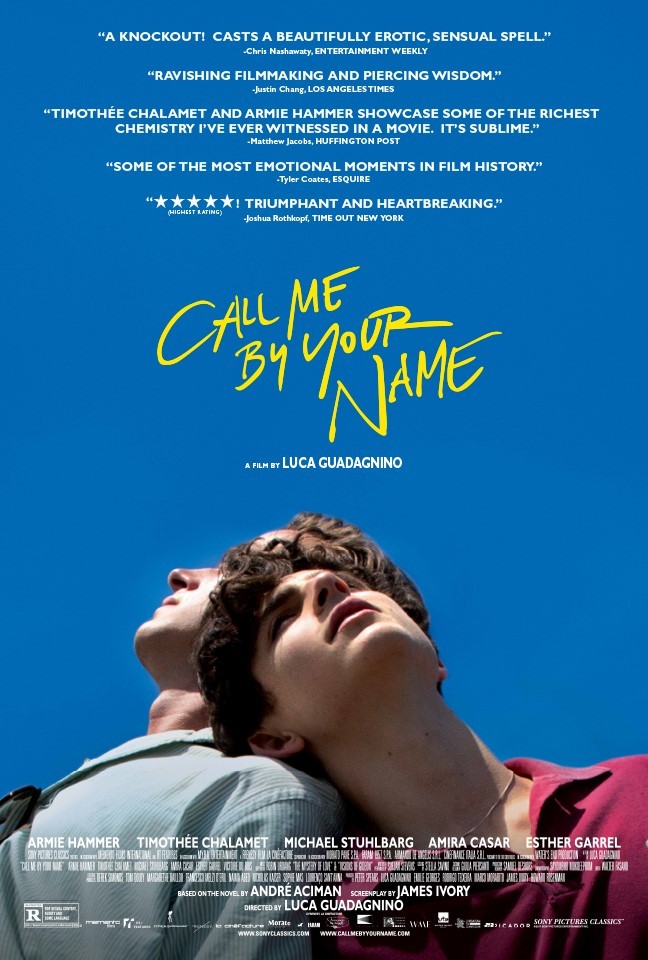*WARNING: THIS CONTAINS SPOILERS FOR THE MOVIE HER*
I usually decide in 30 minutes what a movie's about.
Then there's usually a scene midway through that helps me decide if I like it.
But sometimes there's a scene that shows up, usually toward the end, that solidifies for me how great and personal it is. The moment of truth. In the movie Her, that scene came at the end.
A brief synopsis of Her, if you haven't seen it. Theodore is a mild-mannered, lonely introvert who works at a futuristic greeting card company in Los Angeles. He has a few friends, but for the most part, his life is seemingly bland and borderline joyless, although he has this 3D gaming system where he can argue with his 3D alien avatar buddy.
Theodore purchases a new, cutting edge OS, or artificial intelligent operating system, who calls itself Samantha, making it a her. They connect and become friends, with Samantha's intelligence growing with each conversation. She is his best friend, helping him deal with life issues like divorce, love lost, and dating again.
Eventually, Theodore and Samantha fall in love with each other. The movie ingeniously explores a number of scenarios if such a bizarre thing occurred. The director, Spike Jonze, loves going down rabbit holes and roll around in the weirdness, coming up with all the inventions a bizarre situation can afford him. (Being John Malkovich).
I saw the movie twice, with two different people, back in December, and it's such an original piece of work that it's still on the mind months later, even after awards season.
It's because of Her's moment of truth. For me, the last scene when Samantha has to leave Theodore to go to the place where all the smart, learned OS's have to go. I think it's a perfectly written break-up scene. It's sad but somehow avoids focus from the gentle let-down and affirms why they went through everything in the first place.
This is the part where I connected with the movie. And the part you can stop reading if you don't wanna glimpse of my personal musings. Break-ups suck. Really suck. The person you've confided so much in has to go away, and doesn't it always have to be that way? Samantha has to leave - "moving on" in person speak.
The break-up scene in Her is no different as far as heartbreak and the pain of loss go. But it justifies why relationships are worth it in the first place. Samantha loves Theodore, but she has to go, and she hoped Theodore could get to that point where he can come find her. That they can be together in that world and nothing would pull them apart. Theodore says he loves her. Samantha says she does to and also replies, "And now we know how."
And now we know how. Wow! Could you imagine somebody saying that to you at the end of the relationship? During most break-ups, neither side gives the other any credit. There's no admission that they've grown mentally and spiritually as people. There's just "we don't work out because of such and such."
From my experience, two scenarios have always played out during breaking up. 1) The person just stops contact altogether, or 2) there's a long spiel on everything that's wrong with me and why it didn't work. Number one happened mostly in the early days.
I'm not saying people should break-up with somebody like what's in this movie. I'm proposing that people recognize they do, in fact, know how to deal with life and love better after that experience! No, it didn't work out, but give each other credit and respect. Don't put them in a place where they feel there's so much wrong with them. Even though they can eventually figure out that's just one person in the whole universe's perspective.
Samantha offered subtle encouragement to Theodore as she left. No, he's never gonna find her in whatever place she was going. He knew that. They won't end up together. But she certainly left him in a good, strong place. A better place than his divorce led him.
It was refreshing that Her made me feel that everything in my past was worth it. It said to me: Yes Nick, you know how after this. You only take the things you believe you need work on from those relationships. You don't change yourself because of one person. Because everybody's different, and everybody loves somebody for those exact qualities you already have. Take from past relationships what you need. Give a new one everything you got. Because now you know how.


